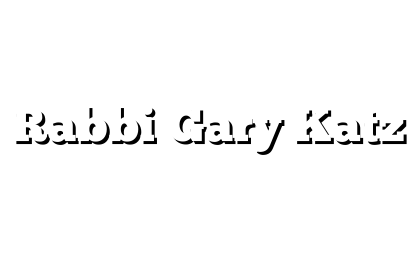Parsley & salt water – healthy shame versus toxic shame
At karpas, we balance both the reminder of the pain and suffering represented by the salt water with the symbol of renewal of the green vegetable. Why did the rabbis combine two opposing symbols into this one stage of the Seder? Why not just drink or taste a little salt water in order to recall the tears and suffering?
One possible answer is the difference between healthy shame and toxic shame. Healthy shame, also known as “remorse” is something each of us can and should feel at times. It’s the pain when we’ve said something foolish or hurtful to another person. It’s the embarrassment when we know we didn’t act in the right way. This form of shame helps us to grow and hopefully not repeat the same mistakes.
Toxic shame on the other hand is the feeling of “I AM the mistake,” or “I AM an embarrassment.” This type of shame doesn’t spur one on to better one’s self or act differently. Instead, it holds us back in feelings of self loathing and worthlessness which often seem only to be able to be relieved by some form of unhealthy escape.
At karpas, the rabbis have us get in touch with the suffering by having us taste the salt water and at the same time, they have us use a green vegetable to taste the bitterness because it is only by experiencing the suffering with an eye on improvement does it have a value for us.
 Rabbi Gary Katz
Rabbi Gary Katz
Share This